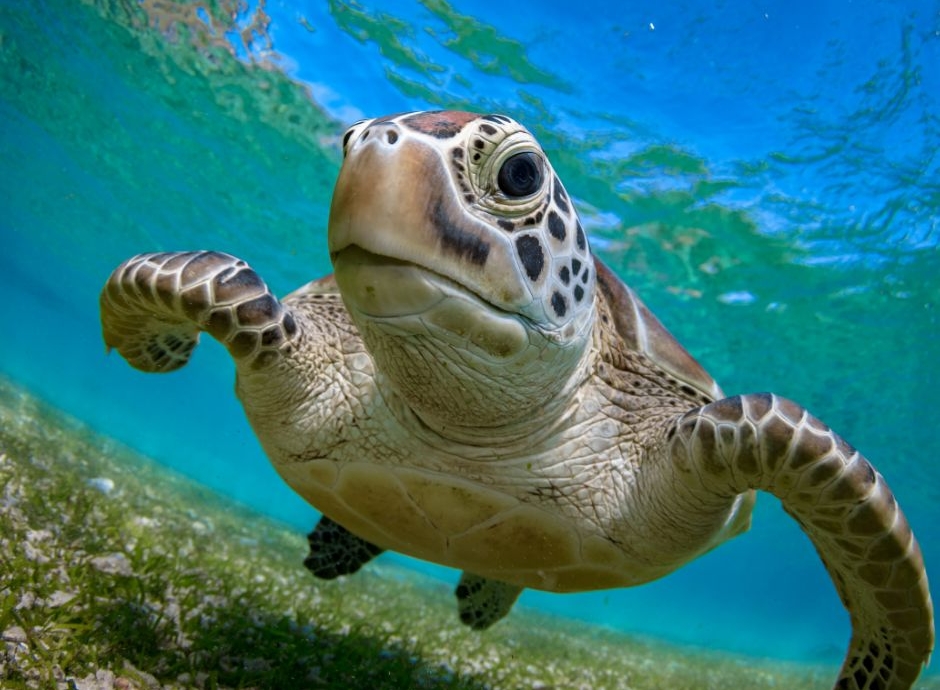
Know the Sea Turtle Recovery Centre in Mallorca
Do you know what to do if you find an injured sea turtle, a cetacean, or a shark? No, you don't have to try to help them on your own because it can be dangerous for you and harmful to the animal, which won't understand that you're trying to lend a hand. What you should do is call 112 to report where you are and what kind of animal is in danger.
In Mallorca, there are several foundations that respond almost immediately to come to the aid of animals in trouble and, if necessary, transfer them to their facilities to heal and care for them until they are in optimal condition to return to the sea.
The Sea Turtle Rescue Centre of Palma Aquarium Foundation
Since 2014, the Palma Aquarium Foundation has been collaborating with the Species Protection Service and the Wildlife Recovery Consortium of the Balearic Islands (COFIB) to attend to stranded or injured turtles and other animals.
Normally, the causes of stranding are due to incidents with fishing gear, either in accidental longline catches or entanglement.
The responsibility of all the organizations involved is to transport these animals to Palma Aquarium facilities to heal and keep them under observation. The goal is to ensure that they regain their health to the point where they can return to their natural habitat and thrive on their own without problems.
Between 2015 and 2019, nearly a hundred turtles have been returned to the sea in perfect health.
The Work Done by the Marineland Foundation
For many years, the Marineland Foundation has worked on the recovery of endemic species of the Balearic Islands such as the "ferreret," a small toad discovered in a cave in the Tramontana range, but it has also dedicated itself to healing and releasing sea turtles.
This foundation was a pioneer in this regard, as all injured animals arrived at its facilities to be treated and recover from their injuries before being returned to the sea.
Every year, Marineland's veterinarians took advantage of the summer months to showcase their work to the media by releasing turtles in different parts of Mallorca, although the most anticipated release took place in Cabrera.
The turtles found in the Mediterranean are of the species caretta caretta, also known as "loggerhead turtle." They are medium-sized animals that can measure up to 120 centimeters from head to the end of the shell and weigh around 200 kilograms.
Their head is very large, and the neck and beak are very robust. They are usually brown with reddish and orangish edges, and the belly is rather whitish with pale yellow tones.
They are natural predators of jellyfish and are not usually very threatened in the Mediterranean, except by nets, plastics, and fishing nets.
Veterinarians and experts advise never to approach one of these animals, even if it seems friendly, and never attempt to help it under any circumstances.
Do you want to get to know the sea of the islands more closely? Visit this entry, and we'll tell you how.




